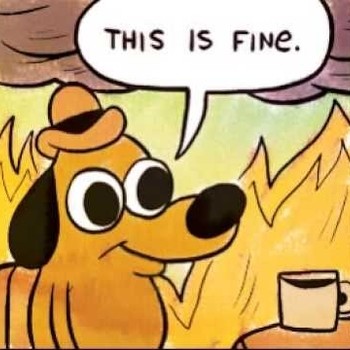#(-1)^{-10} + (-1)^{-9} + (-1)^{-8} + \cdots + (-1)^9 + (-1)^{10}# (The dots #\cdots# mean that there are 21 numbers being added, one for each integer from #-10# to 10.) ?
1 Answer
Jul 23, 2018
The sum of the sequence is
Explanation:
Logically, if we are adding
We can prove it with a geometric sum formula for finite sums:

